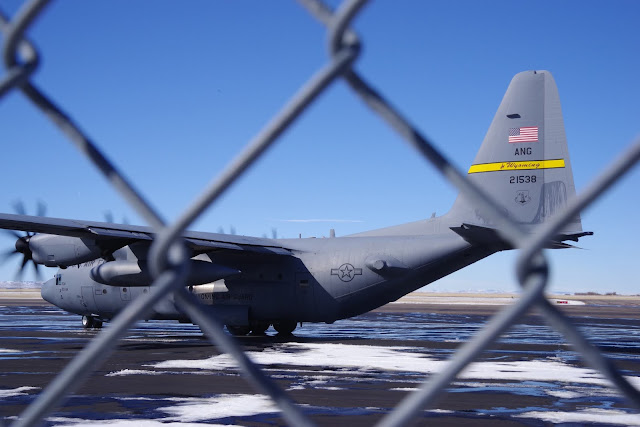February 23, 1921. Ridiculing customs.
We always reform or ridicule, not the customs of the remote past, but the new customs of the day before yesterday, which are just beginning to grow old. This is true of furniture and parents.
G.K. Chesterton, Chicago Tribune, February 23, 1921.
The United States Postal Service completed a pioneering air mail run in which Jack Knight, taking off on the prior day from San Francisco, landed at Cheyenne, Wyoming, and then took off and flew through the night to Chicago. Ernest M. Allison ten took over and lasted at 4:50 p.m. at Roosevelt Field at Long Island, New York.
The flight demonstrated that air mail was feasible.
While successful, it was also conducted under extreme odds, involving arctic conditions and nighttime fires to light the way. Knight was justifiably regarded as a hero during his lifetime.










